This subject was debated during the conference "Energy transition during crisis: Obstacles and opportunities", an event organized by Green Report, and the discussion was opened by ANRE's vice-president, Zoltan Nagy-Bege. According to himself, Romania's energy goals up until mid-century are in line with EU's own vision.
"The better we understand the need of change and the legislative requirements these new technologies bring, the faster and easier it will be for us to formulate the basic laws that will allow us to implement these new technologies", said ANRE's vice-president.
According to him, the investments in the energy networks which will enable us to implement renewable energy sources are essential and here is where the European Union can be of great help.
"This energy comes from a direction which we're not used to, as the power will come from the consumer to the network and it will have to be balanced by the supplier and so the supplier will also have to become a system operator", explains Zoltan Nagy-Bege.
One possible change in this regard can be a small prosumer community, which can ensure that all members have enough green power for their homes and the sold excess energy will be split equally to all of them.
Therese Hydén, Sweden's Ambassador in Romania, noted a few things about the Nordic country which can help Romania in its mission to adopt energy and climate-related policies which can reduce our carbon footprint.
"The EU is a leader as far as climate policies are concerned and it is of great importance for Sweden's EU Presidency that it will remain a leader with regards to climate policies and actions", Sweden's Ambassador in Romania added.
At the same time, she says that EU officials are focused on reducing natural gas use, as well on a region-based level, to encourage the transition to alternative energy sources, such as biomethane and hydrogen.
Simplifying permitting is essential for the energy transition
Alexandra Bocșe, State advisor for climate, the Presidential Administration, underlines that permitting for new renewable power installations is essential for every country that wants to implement such systems.
More specifically, it is about how fast these permits are released for the companies that are looking to install solar parks and wind farms, for example.
In her opinion, it's not only about generating power from renewables, but energy storage solutions are also critical for the transition, such as batteries and hydrogen.
Whatever the implemented solutions are for the transition towards non-polluting power sources, it is important that biodiversity should always be at the forefront of the matter, so that new green power projects don't change the habitats of our fauna.
 Mihai - Cristian Ioniță
Mihai - Cristian Ioniță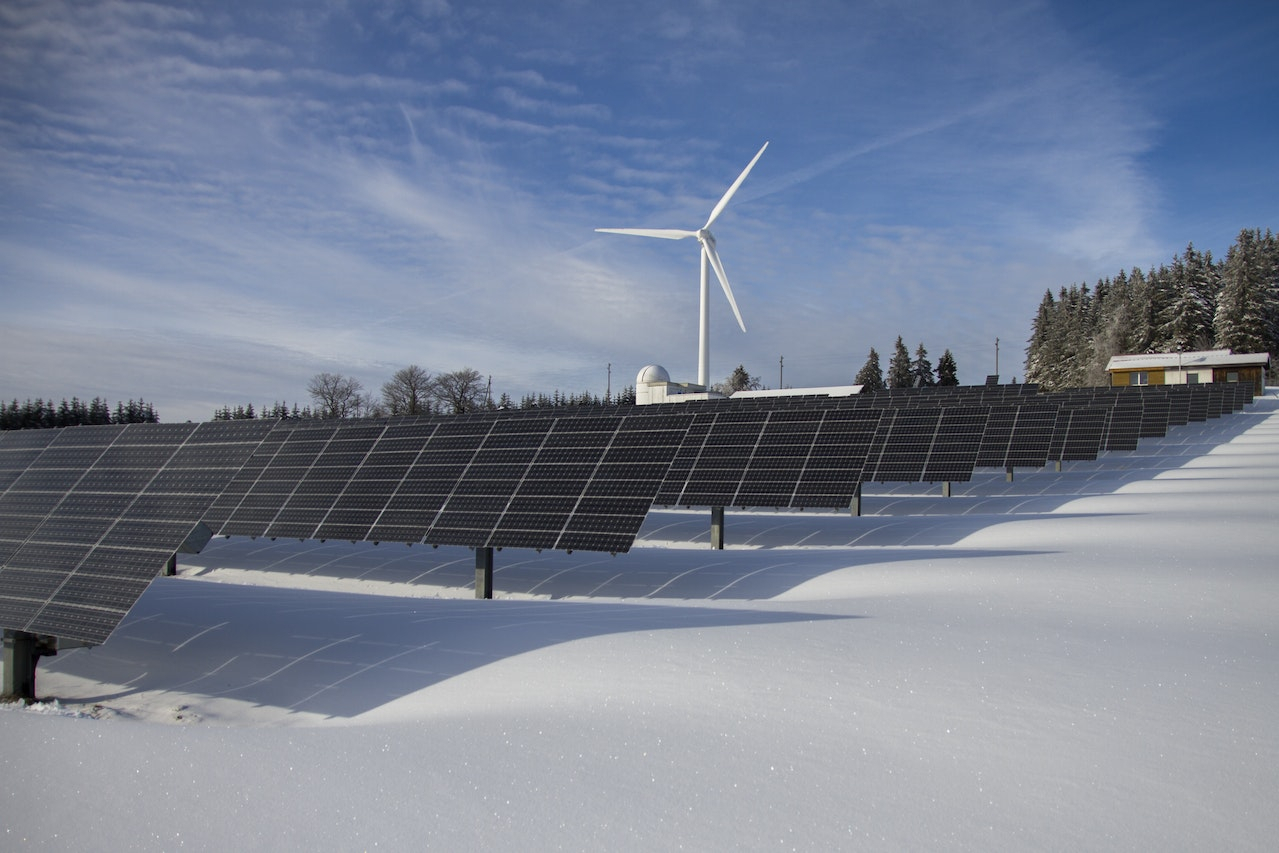





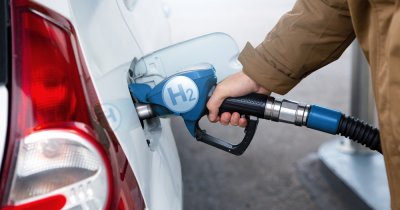
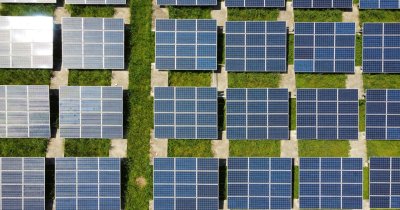


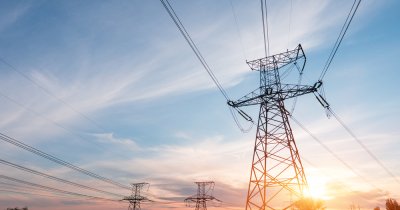
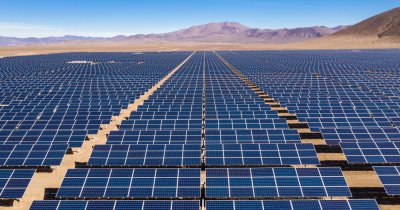
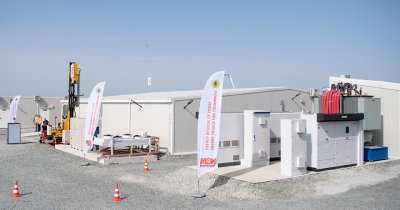
Any thoughts?